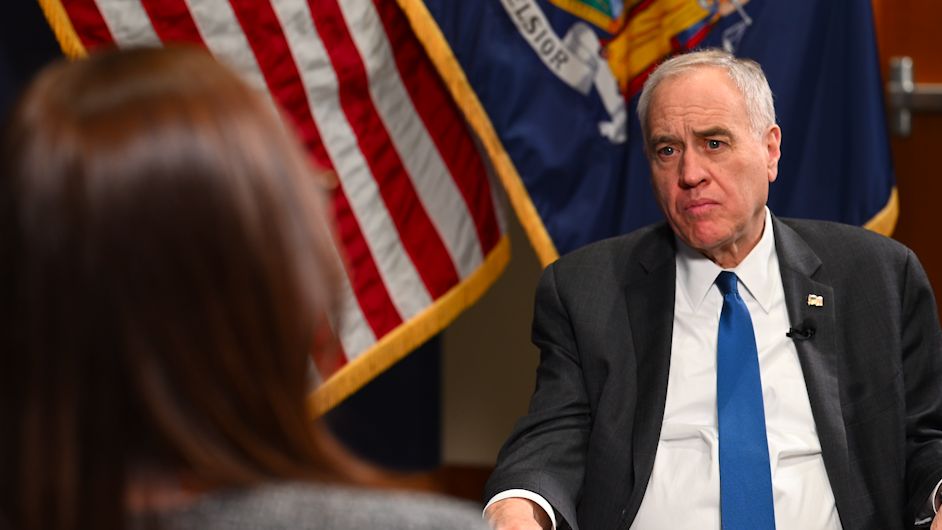Legal aid attorney Elizabeth Lynch says that Congress voting to overturn overdraft fee limits is a major blow for working class people. Those fees can turn a $1 overdraft into a $36 penalty and very quickly add up.
“We see things that are more akin to like payday lending, which is not allowed in New York state," Lynch said. "But your banks and the bank accounts through these overdraft fees can basically give out a loan that has interest rates that are astronomical when you compare it to the purchase that the person is making.”
President Donald Trump will need to sign the bill passed by both the U.S. Senate and the House of Representatives before this repeal can become law.
Bankers celebrated the vote, with the Consumer Bankers Association calling it a “significant victory for Americans who rely on overdraft services to pay for essentials and cover emergency expenses.”
Consumer Reports financial policy advocate Chuck Bell disagrees.
“Last year, banks charge consumers almost $6 billion in overdraft fees and just Wells Fargo and JPMorgan Chase made about $2 billion each on overdrafts," Bell said. "So those banks invested heavily in lobbying to get members of Congress to overturn the rule.”
Bell encourages big bank users to block overdraft charges, something he says many don’t know they can do, or even to consider switching to a local bank or credit union.
Lynch says that it’s time for the New York state Legislature to act to protect consumers.
“As there's huge rollbacks on the federal level for consumer protection, that it acts to pass laws within New York state that will protect New Yorkers," she said. "And that’s the passage of the attorney general's FAIR Act.”
The FAIR Business Practices Act would authorize the office of the state attorney general and impacted New Yorkers to bring a civil case to seek penalties and restitution against individuals or companies that engage in unfair, deceptive or abusive practices.
Gov. Kathy Hochul announced that her administration would seek to cap overdraft fees for state-chartered banks.
The New York Bankers Association has warned that this could create an uneven playing field between smaller banks and larger, nationally chartered ones.












